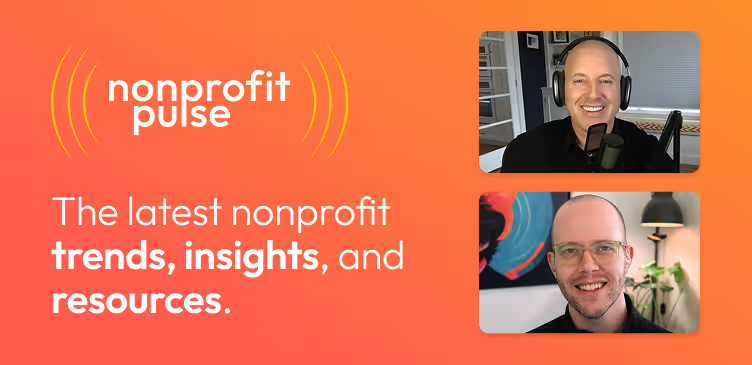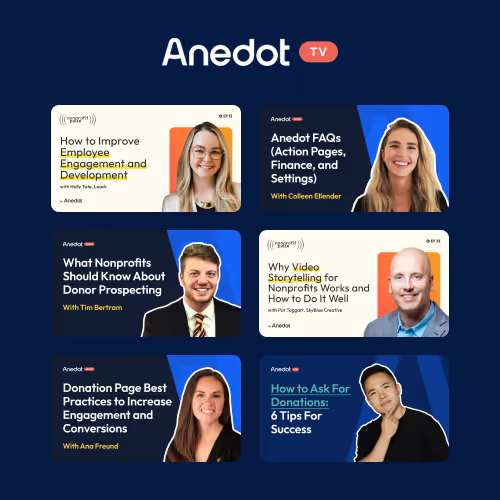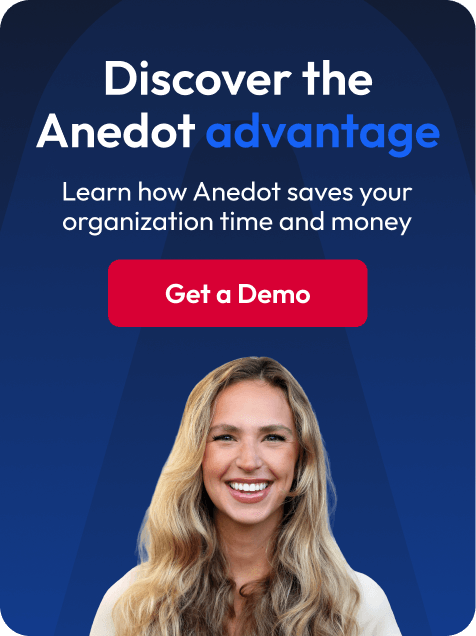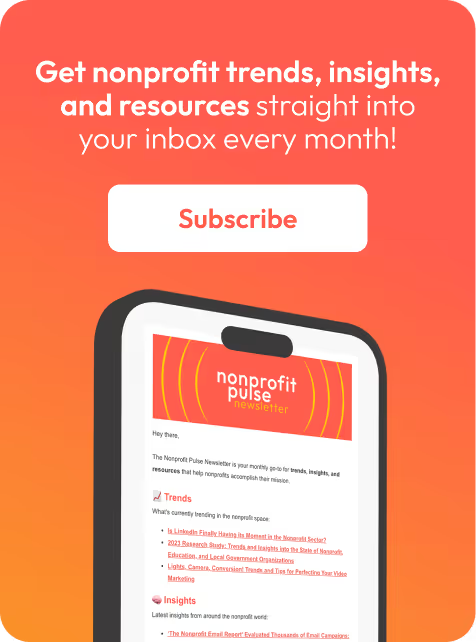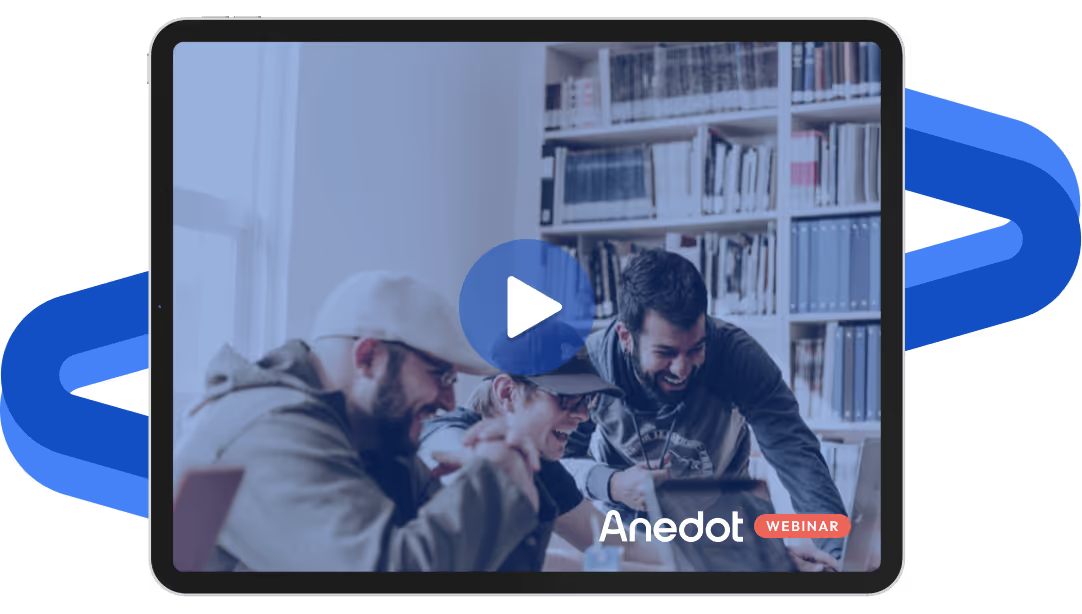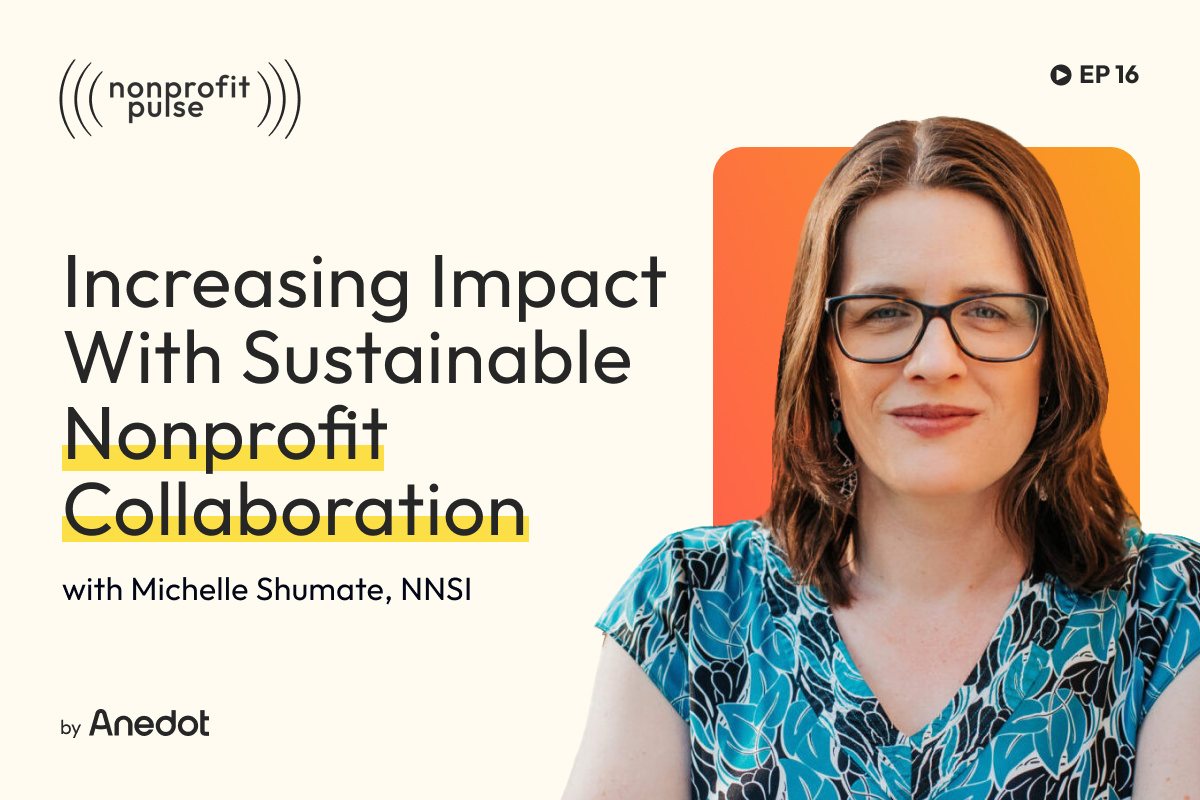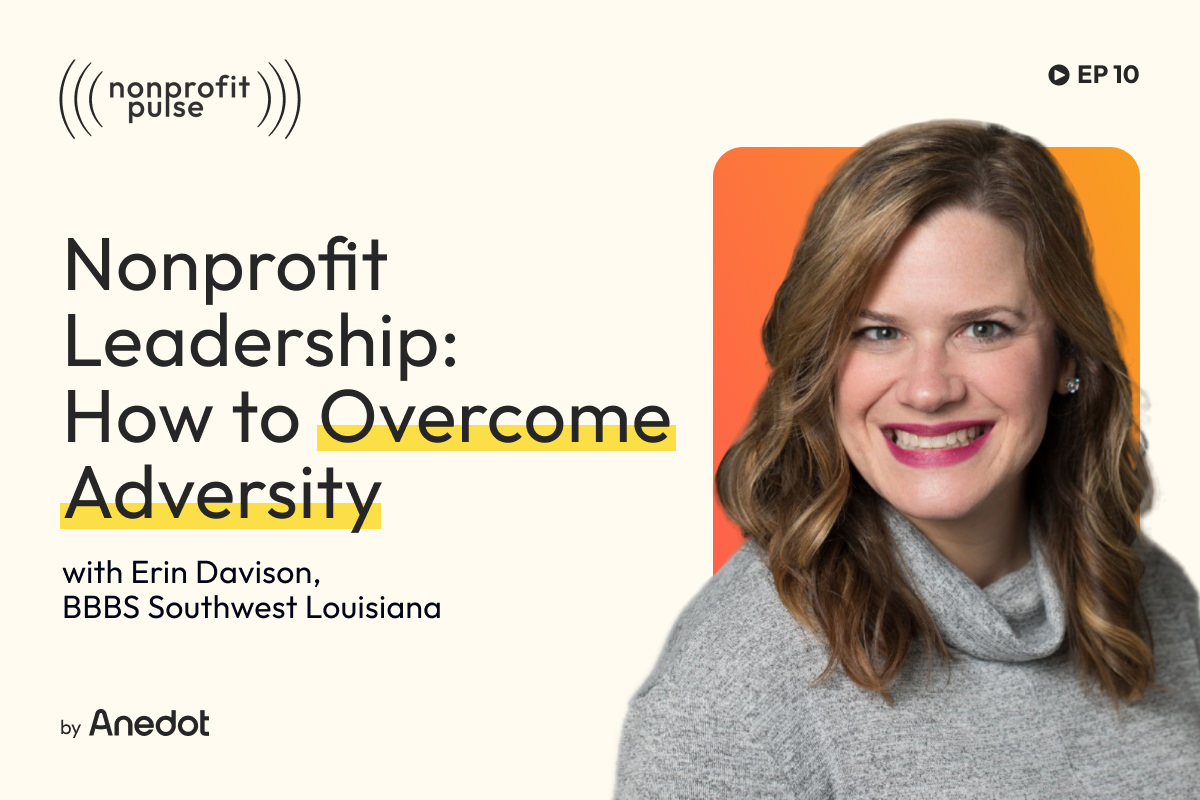Podcast episode transcript ↓
Josh:
Welcome to Big Ideas For Every Org. We help leaders discover powerful, big ideas that increase organizational impact.
I'm Josh, and today we're joined by Rex Miller.
Rex is an award-winning author and consultant with more than 35 years experience as a corporate manager and executive. He's a pioneer of organizational strengths training and is the creator of the Genius Spark.
Rex, thanks for joining us.
Rex:
You're welcome, Josh. It's great to be here on a Friday afternoon.
Josh:
Yeah. So before we jump into the Genius Spark, tell us a bit about yourself and your work.
Rex:
My background started out of college in 1978 when I moved to Dallas and became a project manager for architecture and construction at Southwestern Bell, it's now AT&T.
That was during a very tumultuous time going from standard analog switches to digital switches, so I was involved in industry transition, corporate America transition, and it took me back to my major in Media Ecology, I got my master's in Strategic Foresight.
I'm officially a futurist, and that's something hard to explain in a social event, but it's helped me watch the trends and be at the forefront of recognizing what do we deem to do next?
Discover the Genius Spark

Josh:
Yeah, I love it. And you've been a huge help to us here at Anedot, as well as another organization I was at previously. So I just love getting to hang out with you and spend time and learn about what you're working on.
So before we talk about the solution today, tell us how did you begin to see the problem associated with leaders not living out their true selves?
Rex:
Well, it happened to me. I was 45 years old, had a 10 year contract to retire, so I should have retired in 2010, we know that didn't happen, and I moved to Dallas from Washington DC with my family, young family, and the dot-com crash hit.
About a year after that, I come into the office and find my email is turned off, we really didn't have internet back then, but we had email. I thought it was a technical glitch. The technical guy said, "Hey, go see John the owner."
John the owner, very agitated, that's a good word for it, he ripped up my contract and said, "We don't need a VP of Sales, we need sales." So the backstory is we had lost 70% of our accounts and our revenue during that dot-com crash.
So knocked on my knees, close to bankruptcy five times, kids in high school, I wasn't a good dad, wasn't a good father, very agitated, frustrated, stressed, and then all of a sudden I ran across this book called Now Discover Your Strengths, which came out in 2000.
I went back to figure out what am I all about to begin with? I was successful but not happy. I was going through the motions. What I was doing was easy to me, but it wasn't fulfilling and now Discover Your Strengths, which is now the Clifton Strengths Assessment, became my roadmap telling me about my brain and what my brain does naturally well and enjoys most.
So I slowly began to rebuild my physical wellbeing. So I was 195 pounds in 2000. I'm, as of this morning, 154 pounds. So I was overweight, stressed, had no clue of what I was supposed to do with my life and like a lot of people, those kinds of changes make you an advocate for helping others find their true selves. So that's what I've been doing for the last 20 plus years.
Josh:
That's awesome. So tell us, what was the process of implementing this, of advancing this?
Today we're talking about the Genius Spark, how leaders can rediscover adventure. What does thee implementation of this look like?
Rex:
Well, so the adventure was, first of all, I had to prove that I wasn't a failure.
It's kind of the Moneyball story, Billy Bean had to prove that he wasn't the problem, that the system was a bit of the problem. So I rebuilt my success at the dealership and it took me seven years to do that.
In the meantime, I started branching off into areas that I really loved to do, which was writing.
I wrote my first book, The Millennium Matrix, in 2004 with an organization called Leadership Network. It's very successful, it roadmapped the future of the church. Then I started tackling complex problems.
I love getting involved in things that are gnarly and found that what I do best is bring people together from different viewpoints in the problem and we orchestrate together to get to the root problem and look at outliers in the process.
So I created a process that became the name of my company called Mind Shift, and what I found is that what keeps things stuck, like delivering projects on time or culture, which there's only 30% of the workplace that's engaged, 50% going through the motion, 20% toxic, that's been that way for over 20 years.
So these areas that are stuck are something that I'm naturally wired to do, enjoy, and figure out how to do it collectively with other people and orchestrate that. So that became a process, that process became a series of books and after a while it became a business.
And so the business is combined with helping people find their genius spark, that thing that they're really good at that they gave up when they were five years old, and help organizations and even industry break through some of the things that just keep them stuck and they just can't get past some of the problems that they face.
Josh:
So talk to our listeners about how this relates to the Strengths Finder Assessment.
You mentioned that many of our listeners are probably aware of that. Talk to us about how the Genius Spark goes beyond the Strengths Finder Assessment.
Rex:
So there's two things.
One, lots of assessments, and they all do different things, and so what the Clifton Strengths does differently is that it measures the parts of your brain that fire most instinctively and strongest, and there's a physical part of that. You release dopamine and endorphins. When you're in that flow state, you're releasing serotonin and oxytocin when you're in that relational state.
So I like the assessment because it gets us back to how the brain functions naturally at its best. And with that, it's helping people figure out during their day what areas they naturally enjoy doing, what areas naturally drain them and then helping them rediscover that roadmap back to their original genius capacity.
Now, the Genius Spark comes from research that George Land, he's the creator of the S Curve, and he created an assessment for NASA in the 1960s with the Moon program on picking the best and brightest.
This assessment was very different, it measured creativity and critical thinking and the way it did that is it used objects, it didn't use words or word problems or math. It used shapes in lines and tested the novelty of the combinations you could come up with and the variety of combinations.
So after he came up with the assessment, he wondered, "Gosh, kids could take this." So he pulled together 1600 kids from Head Start programs, and Head Start is a program, a preschool program three to five years of age to give kids a head start that live in at risk communities when they get to school, and the results blew him away, 98% of them tested as geniuses.
So the natural next question is, so what happens over time? So he tracked them into adulthood. By age 15, it dropped to 12%. By age 30 it dropped to 2%. And ongoing tests with adults, it's 2%. So something happened to us from the age of five to the age of 30 where we gave up that genius capacity.
And George Land, he's got a book called Break Point and Beyond, it's out of print, but it's an incredible book about innovation and creativity. And then Ken Robinson has the most watched Ted Talk of all times that he references it.
What happened is we started conforming, we started living up to other people's expectations and second guessing ourselves and fitting in so that over time slowly, that spark of genius that we had up till five years old begins to disappear and gets covered up with all kinds of things.
And then it reemerges for a lot of people, at least the people I coach, around the age of 45 to retirement, that's that midlife part, where something is bugging them and they say, "I'm successful but not fulfilled," and they begin questioning what it is.
So what we've done is taken the Clifton Strengths, created a process that your company is using called The Genius Process and the Genius App to help get clarity in a paragraph, it's called the Genius Portrait, of a very unique, short, succinct paragraph of what you look like at your best that you identify with and others can understand very intuitively and then we begin a process of reprogramming your thinking and your stories to help you continue to move towards that best version of yourself.
The positive effects of using the Genius Spark in your organization

Josh:
I love it. And it's been so helpful to go beyond the Strengths Finder Assessment, which I love, it's my favorite assessment, and to really learn more about your team and those you work with, your coworkers as well.
So tell us, what are some of the challenges that you face when you go into organizations and do this, or even with yourself, what are some of the challenges you face and have to overcome?
Rex:
Well, the biggest challenge is moving it from a neat experience into a habit, into a lifestyle, into the culture.
Most organizations are set up to do what I call the one and done. We had a great time, really exciting and then a couple people, you fortunately, your company had Maddie who really said, "Oh my gosh, this is what I want to do."
And she's been the evangelist in the company. And you are enterprise wide, you do it with everybody, but most companies either stop at the core leadership and do a little bit of insight, or a project team does it for the kickoff partnering and then it languishes.
So we've been working very hard to do two things.
One, simplify it, make it so simple that anybody can do it. So you don't need a Jedi like me to come in and unpack your five strengths and provide some tools that are short that every week a manager could very easily just keep it alive with simple questions and simple conversations, takes less than five to 10 minutes.
So we're working on that part of it and then we're working on nudges in the app. So the app, well, the next features will be reminders, score keeping. You've got five days where you've read your Genius portrait, great. Badges, all those kind of gamification types of things that really help make it simple, intuitive, and consistent.
Josh:
So looking back now, what are the positive effects and results that you've seen in organizations implementing this?
Rex:
They have a language to talk to one another. We found that one of the things that people are starving for is constructive positive feedback. We're not good at it, and it tends to be generic.
When we have people build their genius paragraphs, and it's a simple five sentences, it's all it is, doesn't take much time, and then share it with the group and then listening to the group acknowledge situations or experiences.
We've had people cry because they've never had anybody acknowledge or affirm the magic. They bring in specific ways.
The other side of it too that's new and just as powerful is the shadow side, we call it the kryptonite. One of the big challenges organizations face is that they tend to go along to get along, they tend to be... sit on critical feedback because they don't know their boundaries.
But if I create a paragraph of how my strengths can get in my way, for example, strategic is my number one and the shadow trait that I've picked, there's four of them that I could pick from, is that I tend to assume that what's clear to me is clear to you.
When I share that with people, they say, "Oh my God, I've experienced that." And now like my son, he's got a phrase that he can let me know when I'm moving into that area and not recognizing whether or not he's following. He says, "Dad, you dusted me." Simple language.
So it puts the elephant in the room, it gives permission for people to give constructive feedback and it really changes the dynamic of a team and their relationships.
Josh:
What would you say to those who, leaders or managers who are on the fence or have concerns about implementing this in their organization, what would you say to them?
Rex:
What I typically say is, "Try it. Send me your top five strengths, let's put it in the tool, let's walk you through your five strengths and if you feel that it really helps capture what you look like at your best in a way that you can let others know..." We just did this today with a firm, by the way, in Indianapolis, the brand new CEO shared his paragraph and everyone said, "We started connecting the dots."
He was so excited, and one of the questions I asked, "So if you're going to bring this new CEO," we'll call him, we'll call him Chris, "So if you're going to bring Chris a proposal, how would you shape that proposal for him?"
And we got all kinds of right on answers, but at the same time, I asked Chris, "So what are the things you don't want in a proposal?" And he described it, and there were several people that had strengths that would naturally go down the road of things he's not interested in.
Now they know. They've got rules of engagement.
This team today is an exponentially more effective team than they were when they started with just that simple exchange.
Closing thoughts

Josh:
Rex, this has been so helpful and you have been such a help to me and my professional development and those around me at two different organizations, where can our listeners learn more about you?
Rex:
Rexmiller.com and on LinkedIn. I post several times. In fact, you were talking about a post that we just recently put on in our little river, we have a 15 acre ranch that we've turned into a retreat center.
So you can go to rexmiller.com, you can learn about River Rose Ranch in the top bar. You can learn about our mind shift process.
If your organization or team is stuck in some way, we can show you how to get unstuck, so to speak.
And we're working on the landing page and the marketing for the Genius Spark.
Josh:
Awesome. Rex, thanks so much for joining us today.
Rex:
Thank you so much for the opportunity.
Josh:
Hey, thanks for listening.
If you enjoyed this episode, please share it with others or leave us a rating and review.
To read show notes and resources mentioned in this episode, visit anedot.com/bigideas.
Again, that's A-N-E-D-O-T.com/bigideas.
We'll see you next time.
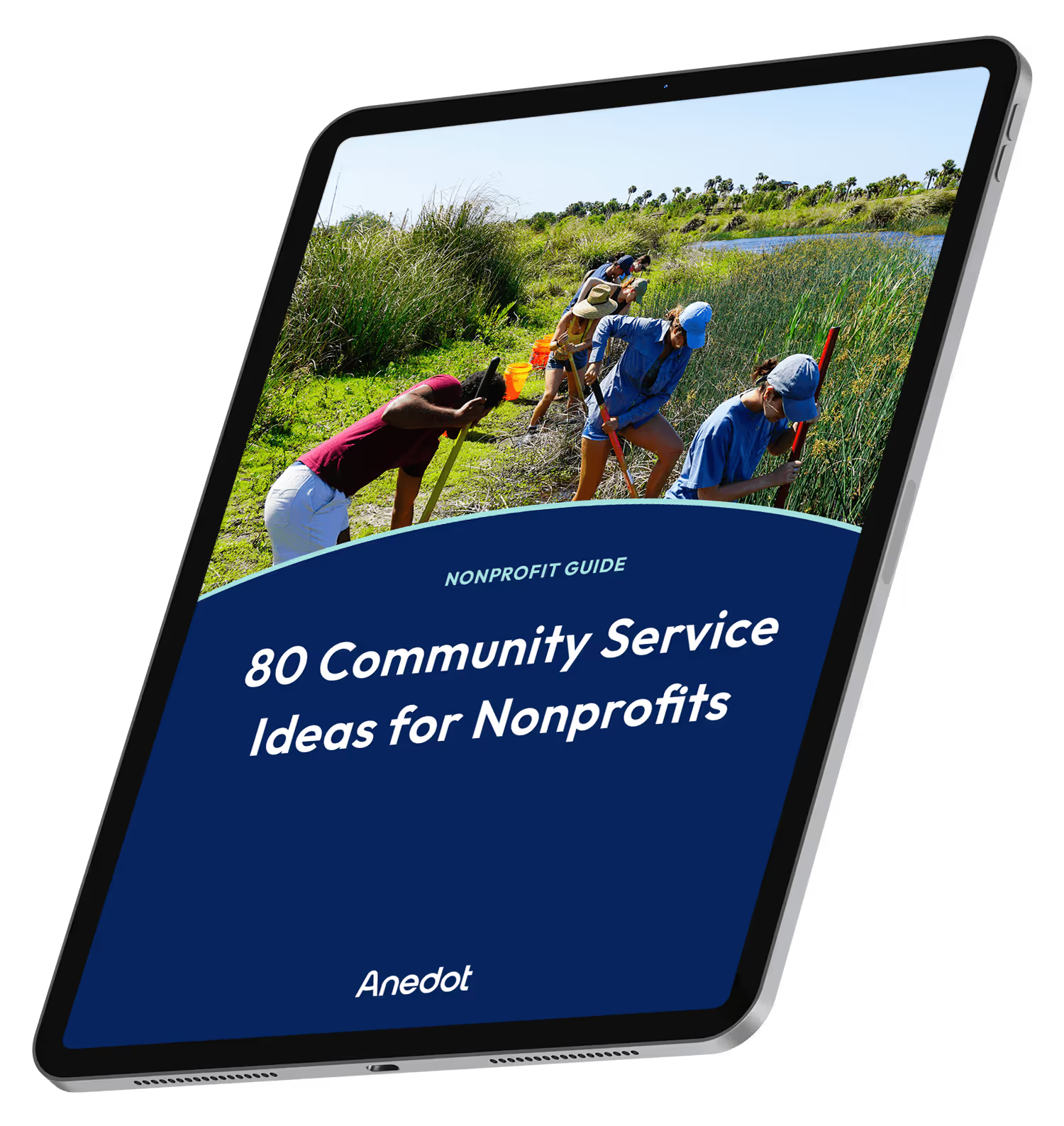
80 Community Service Ideas for Nonprofits

